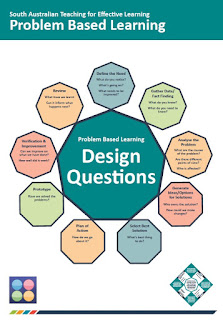SACE Science as a human endeavour folio task – BITL questions
Just because we can transplant a human head, should we?
Investigating this question through the SHE key concept:Influence
• Advances in scientific understanding in one field can influence and be influenced by other areas of science, technology, engineering, and mathematics.
• The acceptance and use of scientific knowledge can be influenced by social, economic, cultural, and ethical considerations.
 • How might the advances from scientific understanding in neuroscience influence other areas of science, technology and engineering?
• How might the advances from scientific understanding in neuroscience influence other areas of science, technology and engineering?• Just because we can do this science should we?
• What ethical considerations might need to be considered with this scientific investigation?
• Is the ethics/ ethical laws for this science investigation the same or different in other countries? How might the hypothesis change as a result of the ethical issues if the investigation was carried out in Australia?
• Scientists' values and beliefs are influenced by the larger culture in which they live. How might such personal views influence the questions they choose to pursue and how they investigate those questions?
• Is this scientific research focused on an issue with the potential to help meet societal needs or for economic reasons? How might these influence the scientific knowledge being accepted?
• Who decides what is valued to investigate?
https://au.news.yahoo.com/head-head-mad-scientist-behind-worlds-first-human-head-transplant-133408179.html
http://www.iflscience.com/health-and-medicine/human-head-transplant/
https://www.cnbc.com/2018/05/15/two-surgeons-in-china-developing-a-method-to-transplant-a-human-head.html
#scienceasahumanendeavour #BITL #australiancurriculum #science #ethics





